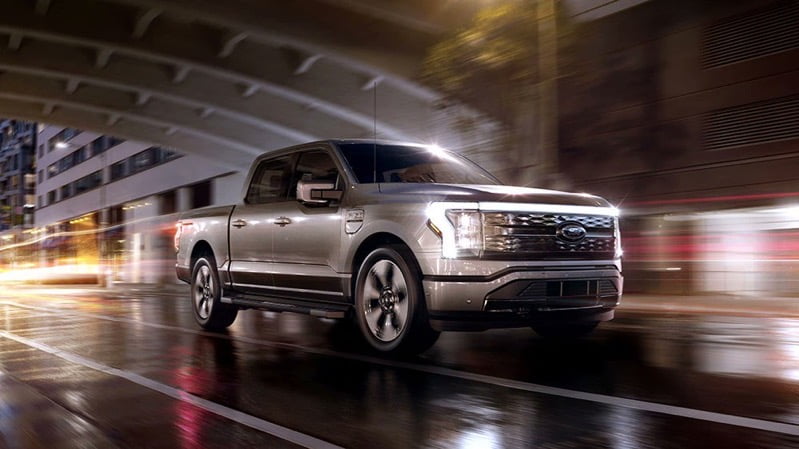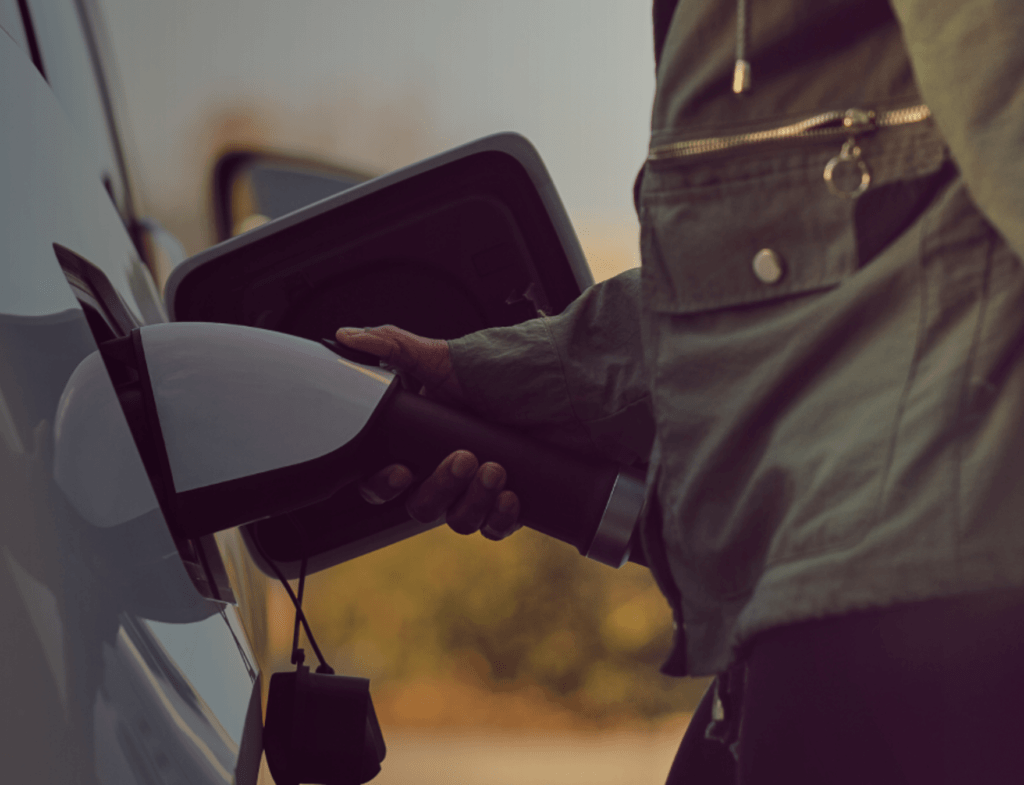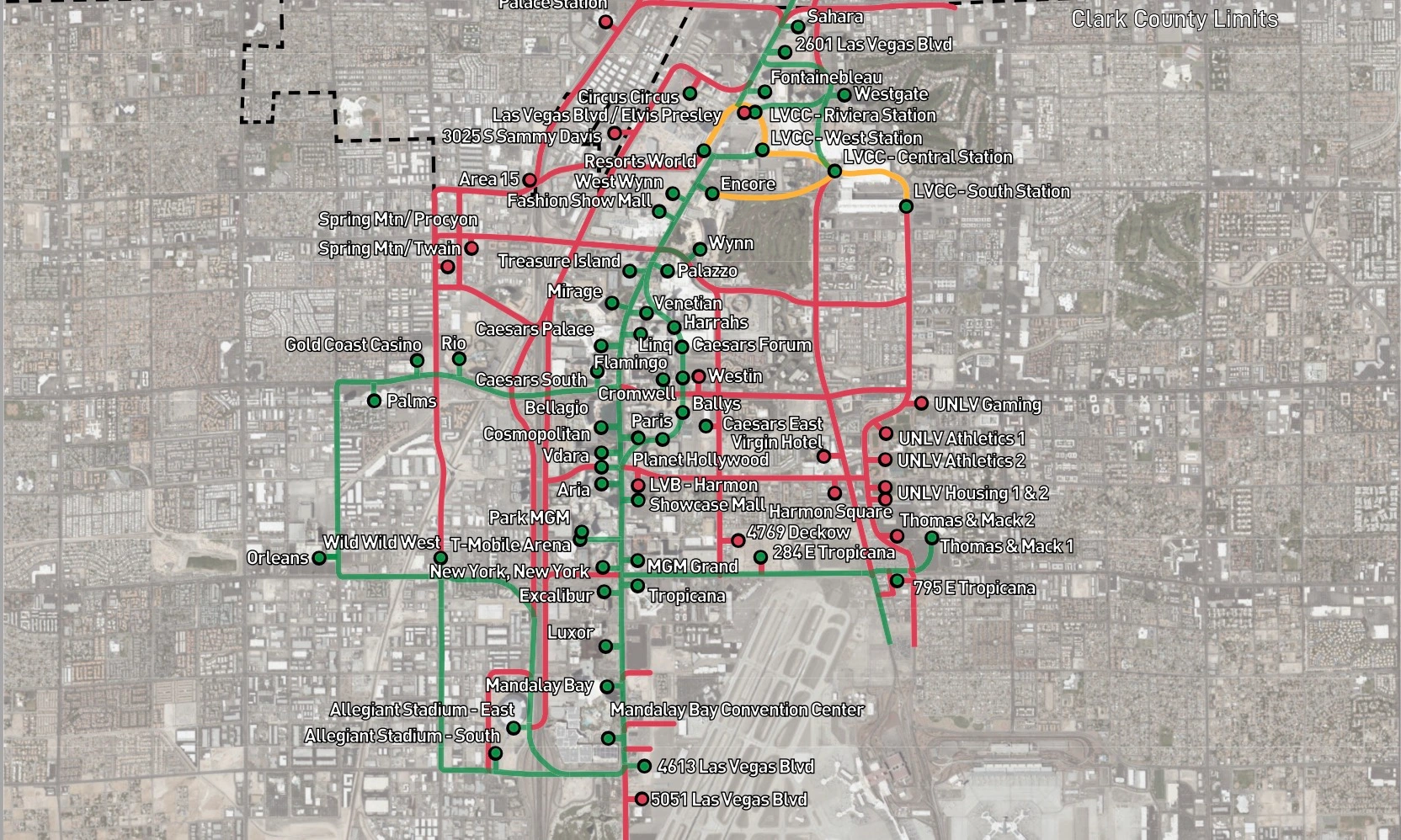
Alberta Falling Behind in EV Charging Infrastructure, Say Owners

If you build it, they will come, goes the saying. This is especially true when it comes to electric vehicles and charging infrastructure. But in Alberta, Canada, EV owners say the charging infrastructure is falling behind.
According to the CBC News, that is exactly what’s happening in the western Canadian province. For example, Tesla Model Y owner Chandresh Patel has been unable to fully leave gas-guzzling life behind, despite wanting to, due to subpar EV charging infrastructure in the province.
While the Model Y serves him well on most daily commutes, Patel has to switch to his gas-powered car for longer travels.
“When I drive from Fort Mac to Edmonton, which I have done a couple of times, there is only one charger on the way, in Athabasca,” said Patel. The Athabasca charger is located off the main highway and isn’t even a fast charger, so it could take up to 3 hours to get his Model Y juiced up.
“It would be a huge difference if there was a Tesla Supercharger or a DC fast charger,” he added. Tesla currently has plans to build 129 new Superchargers in Alberta, British Columbia, and Saskatchewan, so Patel may soon get what he wishes for.
The sore lack of charging infrastructure in Alberta hasn’t gone unnoticed — Andrew Batiuk of the Electric Vehicle Association of Alberta believes it’s a chicken-and-egg kind of problem. Batiuk went on to say:
EV infrastructure is not inexpensive and it’s not super-easy to deploy, so people don’t want to invest in it until there’s a reason to do so — and that reason is having EVs in the marketplace. But then those owners of those potential EVs want to be able to travel, and they don’t want to get that vehicle until they can travel. So you do get into this interesting situation of which comes first — the EV and the ownership of it or the charging network that supports it.
FLO, the Quebec-based EV charging network operator, thinks an expansion of its operations in Alberta may solve the province’s chicken-and-egg problem.
The company’s Alberta EV charging network already consists of 114 public charging stations, and the company’s Western Canada sales director Michael Pelsoci says that an expansion is currently in the works.
“FLO expects to have more DC fast chargers on the network in northern Alberta, working with Epcor, in addition to new stations along Highway 16,” said Pelsoci.
“The key for successful mass adoption of electric vehicles is to build a charging infrastructure that is always one step ahead in its development,” he added.
Other companies in the EV charging game like Suncor, which owns Petro-Canada, and Atco have also taken notice of the brewing opportunity in Alberta. A Suncor spokesperson said the company is already looking at locations to expand Petro-Canada’s presence in the province.

